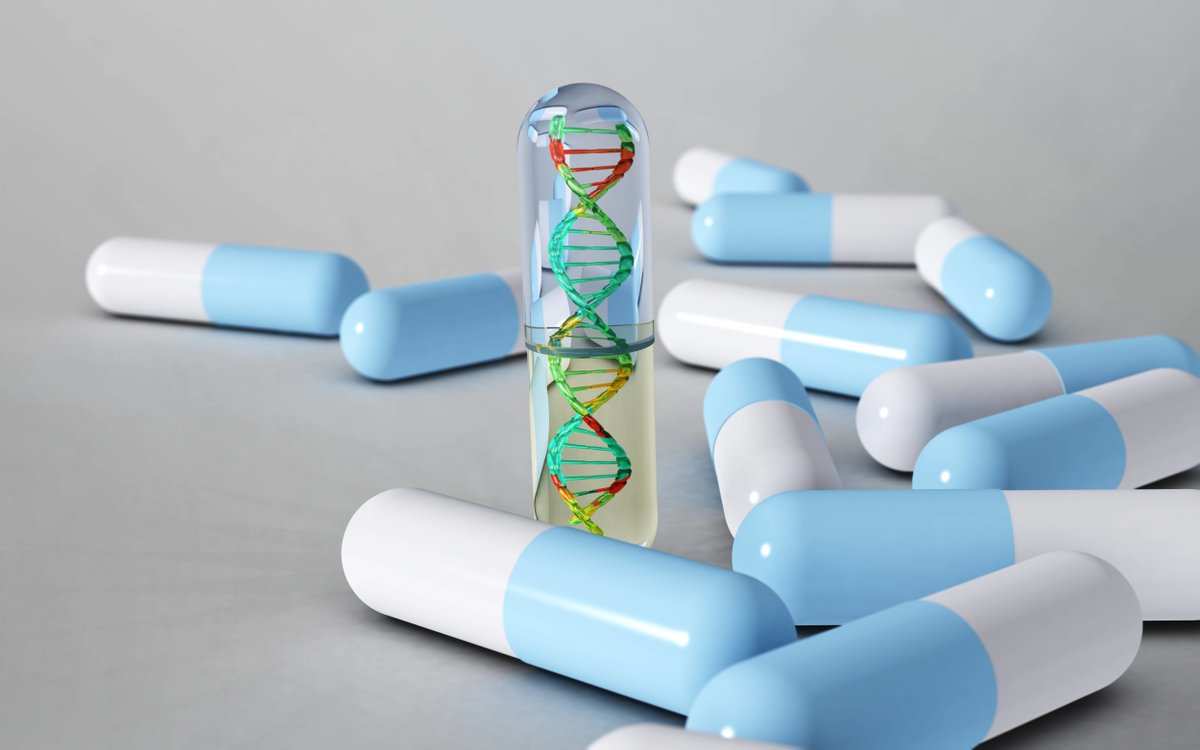Biosimilars are biologic medical products that are developed to be similar to an already approved biologic product, known as the reference product. Biosimilars offer clinically meaningful outcomes in treating patients with chronic and debilitating diseases like cancer, rheumatoid arthritis, multiple sclerosis etc. They are relatively cost effective as compared to reference biologics. The reduced prices of biosimilars make biologic treatments more accessible to a larger patient population.
The global biosimilars market is estimated to be valued at US$ 33.87 Mn in 2024 and is expected to exhibit a CAGR of 5.9% over the forecast period 2024 to 2031, as highlighted in a new report published by Coherent Market Insights.
Market key trends:
Increased regulatory approvals of biosimilars is one of the key trends driving the growth of this market. Major regulatory agencies such as the U.S. Environmental Protection Agency (EPA), European Chemicals Agency (ECHA), Food and Drug Administration (FDA), Ministry of Environment, Forest and Climate Change (India), National Health Commission (China), Canadian Food Inspection Agency (CFIA), National Institute for Health and Welfare (THL) (Finland), Federal Institute for Risk Assessment (BfR) (Germany), National Institute of Food and Drug Safety Evaluation (KFDA) (South Korea), Ministry of Ecology and Environment (China), Environment Agency (United Kingdom), Ministry of Health, Labour and Welfare (Japan), Australian Government Department of Agriculture, Water and the Environment, Health Canada, Ministry of Health (Brazil) approving more biosimilars is allowing their commercialization globally. This is expected to significantly reduce treatment costs and improve access to biologics in coming years.
Porter’s Analysis
Threat of new entrants: The biosimilars market requires high R&D investment and regulatory approvals which increases the entry barriers for new players.
Bargaining power of buyers: The presence of many established players increases the bargaining power of buyers in the market.
Bargaining power of suppliers: Established brands dominate the supply side giving them greater influence on pricing and quality of products.
Threat of new substitutes: Biologics have limited substitutes providing existing players opportunities for growth in the forecast period.
Competitive rivalry: The market is consolidated with key global players competing on the basis of product quality, pricing and portfolios.
Key Takeaways
The Global Biosimilars Market Size is expected to witness high growth over the forecast period driven by patent expiries of biologic drugs and lower costs compared to biologics. Europe currently dominates the market due to favorable regulations and infrastructure to support biosimilars development. The global biosimilars market is estimated to be valued at US$ 33.87 Mn in 2024 and is expected to exhibit a CAGR of 5.9% over the forecast period 2024 to 2031.
Regional analysis: Europe is expected to continue dominating the biosimilars market backed by established approval pathways and high acceptance of biosimilars among patients and physicians. Asia Pacific is expected to grow at a high rate owing to increasing healthcare expenditures and focus on affordable treatment options.
Key players: Key players operating in the biosimilars market are U.S. Environmental Protection Agency (EPA), European Chemicals Agency (ECHA), Food and Drug Administration (FDA), Ministry of Environment, Forest and Climate Change (India), National Health Commission (China), Canadian Food Inspection Agency (CFIA), National Institute for Health and Welfare (THL) (Finland), Federal Institute for Risk Assessment (BfR) (Germany), National Institute of Food and Drug Safety Evaluation (KFDA) (South Korea), Ministry of Ecology and Environment (China), Environment Agency (United Kingdom), Ministry of Health, Labour and Welfare (Japan), Australian Government Department of Agriculture, Water and the Environment, Health Canada, Ministry of Health (Brazil).
